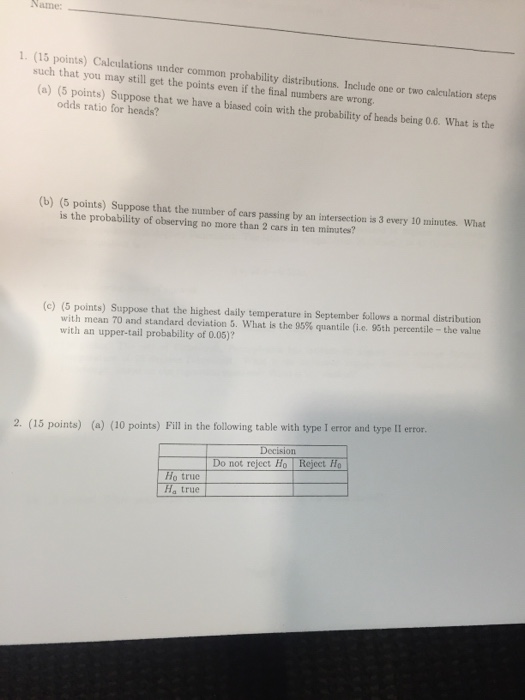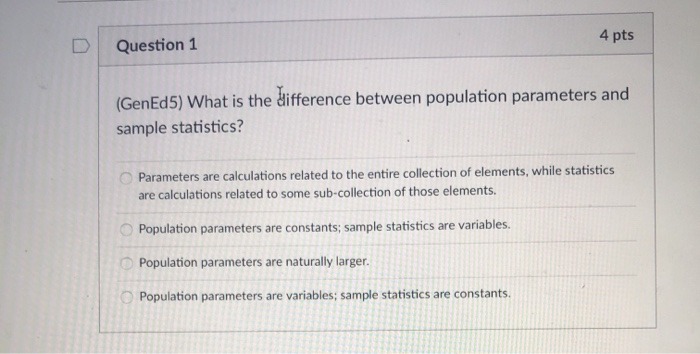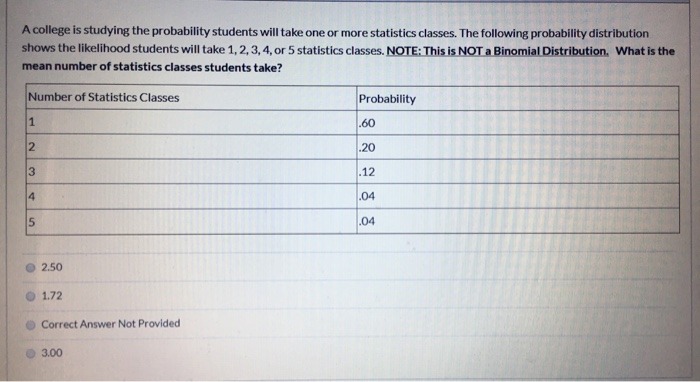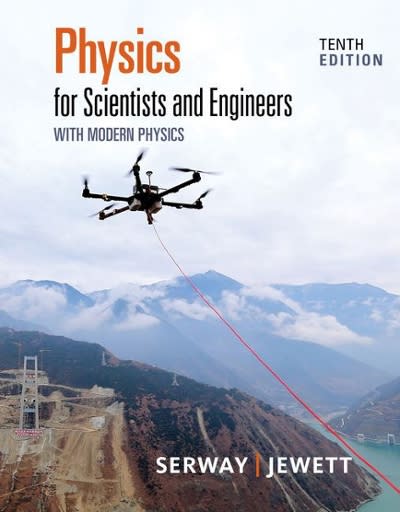Question
Consider a probability space whose sample space is the natural numbers (i.e., 1,2,3, . . .). Show that not all the natural numbers can have
Consider a probability space whose sample space is the natural numbers
(i.e., 1,2,3, . . .). Show that not all the natural numbers can have equal probability.
11. Prove that any event is independent of the universal event and of the null
event .
12. Suppose is an elementary outcome, i.e., . What is the difference between and {}?. How many elements does have?. How many elements
does {} have?
13. You are a contestant on a television game show. Before you are three closed
doors. One of them hides a car, which you want to win; the other two hide
goats (which you do not want to win).
First you pick a door. The door you pick does not get opened immediately.
Instead, the host opens one of the other doors to reveal a goat. He will then
give you a chance to change your mind: you can switch and pick the other
closed door instead, or stay with your original choice. To make things more
concrete without losing generality concentrate on the following situation
(a) You have chosen the first door.
(b) The host opens the third door, showing a goat.
If you dont switch doors, what is the probability of wining the car? If you
switch doors, what is the probability of wining the car? Should you switch
doors?
14. Linda is 31 years old, single, outspoken and very bright. She majored in
philosophy. As a student she was deeply concerned with issues of discrimination and social justice, and also participated in anti-nuclear demonstrations. Which is more probable?
(a) Linda is a bank teller?
(b) Linda is a bank teller who is active in the feminist movement




Step by Step Solution
There are 3 Steps involved in it
Step: 1

Get Instant Access to Expert-Tailored Solutions
See step-by-step solutions with expert insights and AI powered tools for academic success
Step: 2

Step: 3

Ace Your Homework with AI
Get the answers you need in no time with our AI-driven, step-by-step assistance
Get Started


